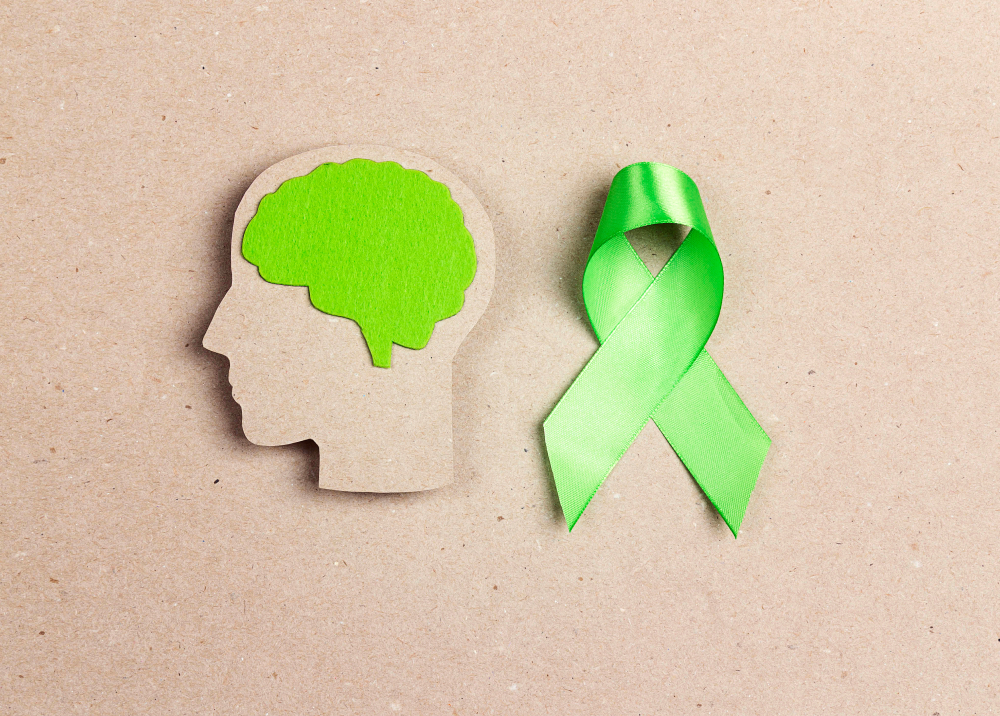We found that over two thirds of event attendees felt they received none, not enough or only ‘a little’ mental health support in the workplace.
Let’s use Mental Health Awareness Week as a spark for employers, colleagues and Mental Health First Aiders to look out for their colleagues that are most at risk, most affected and often the most ignored.
This Monday marks the beginning of Mental Health Awareness Week: a time for individuals, communities, organisations and society to speak about our mental health and wellbeing. With 1 in 4 adults experiencing mental illness, the issue permeates deeper in some communities and groups more so than others. To understand the nuance, complexity and diverse nature of mental illness is important, especially in the workplace.
From the 15th to the 21st May, Mental Health Awareness Week will be addressing the theme of anxiety. The Mental Health Foundation has found that anxiety is one of the most common mental health problems, often associated with stress of personal finances. The charity Mind has chosen to focus this year’s week on how the cost-of-living crisis is impacting our nation’s mental health.The past year has seen costs of household items and bills increase rapidly, real-time cuts in earnings, and lowering disposable incomes. Often our mental health is not a priority during high-pressure periods, but this week can start to shift these patterns.
How do racism and mental health intersect, and what are the implications of this?
It is increasingly being recognised that ethnically diverse individuals are more likely to experience mental health challenges, and also experience discrimination in mental health support systems. The complexity of this relationship demands greater understanding if it is to be addressed.
Recent research has uncovered that there is institutional racism in the treatment of ethnically diverse individuals experiencing a mental health illness. NHS figures have found that a Black person experiencing a mental health emergency was almost five times more likely to be detained than a white person. It is also understood that rates of detainment of Black individuals in the British healthcare system has been increasing in the past 5 years. Though the Mental Health Act legally allows for a person to be detained if they are considered to be suffering from a mental disorder and are in need of emergency care, it is clear the Act is not enforced equally across patients. Race is one way that inequalities in treatment emerge.
A newly proposed Draft Bill for the Mental Health Act has been published earlier this year in response to such findings of systemic racism in mental health services, a response from the Government is awaited. The Department of Health and Social Care have stated they are “taking action” to address these issues through tightening criteria for detainment.
For many change must come sooner, as evident when Gambinga Gambinga reflected on his experience on the mental health care system as a Black suicide survivor:
“We should take a very honest, but I think harsh look at ourselves to ask why are black men more likely to attempt suicide than any other group in the country and why are black men more likely to only ever get help when it’s forced on them… I think a lot more now is micro-aggressions or systemic issues that just mean black and ethnic minority people have a rougher ride within the system than white people.”
How does ethnically diverse people’s mental health apply to the workplace?
What role does the workplace play in the relationship between racism and mental health?
Mental health problems are understood to be disproportionately impacting ethnically diverse people. Ethnically diverse employees and Race Network leaders have had to experience many difficult and often traumatic experiences, especially in the last couple of years, leading to a serious impact on their wellbeing and at times resulting in burn out.
There is extensive research evidencing these issues. The 2021 report by Business in the Community, found that people of colour were at greater risk of financial insecurity, bereavement, job loss and lower access to care during the Covid-19 pandemic, which are all risks for mental health conditions. Moreover, The City Mental Health Alliance report also linked poorer mental health- through feelings of loneliness, not ‘fitting in’ and feeling a need to change their behaviour within the workplace- disproportionately to ethnically diverse individuals in the workplace.
Mind’s recent 500-person survey also found that only a third of ethnically diverse participants felt comfortable talking about their feelings, and 37% of ethnically diverse did not know where to start in seeking support for their mental health. The research has engaged with issues of “racial trauma” and the effects of racism on mental health, that can also be vicarious, historical and intergenerational too.
To address these issues permeating workplaces across the UK, Race Equality Matters hosted a Race Network and Race Network Lead event with Mental Health First Aid (MHFA) England last year. We found that over two thirds of attendees felt they received none, not enough or only ‘a little’ mental health support in the workplace.
It is apparent that this issue will not be resolved without actively tackling racial discrimination in the workplace. Though mental health support in the workplace demands improvement, so too does the core of the problem: racial inequality and racism.
How can your organisation ensure ethnically diverse employees are supported every week of the year?
How can your organisation ensure racism is no longer in the workplace?
We would value your thoughts. If you want to see change and race equality in the workplace, join the Race Equality Matters’ movement.
Watch the recording of last year’s recording and read our article on how you can look after mental wellbeing at work to start the change today.
Image – Shutterstock

